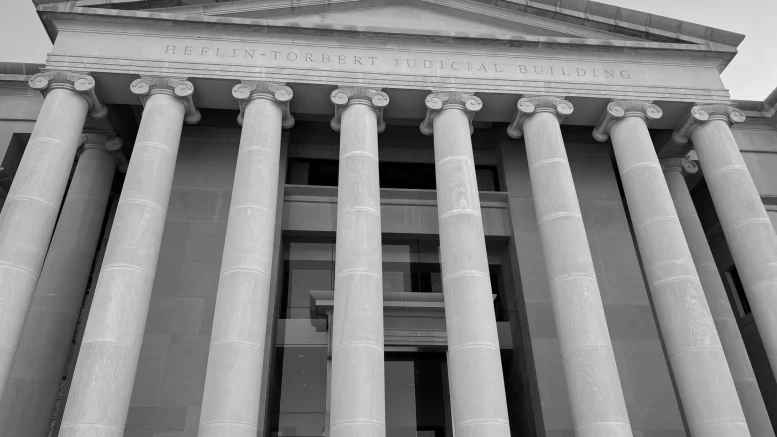Alabama’s recent Supreme Court ruling regarding frozen embryos has sparked concerns about the encroachment of religious ideology into legal and medical realms. The decision, which deems embryos as children and subjects their destruction to the state’s Wrongful Death of a Minor Act, could have significant implications for reproductive care in the state. Chief Justice Tom Parker’s assertion that embryos bear the image of God reflects a religious perspective that challenges scientific understanding and threatens reproductive rights.
This ruling not only raises questions about access to reproductive care but also underscores broader debates surrounding women’s autonomy and the politicization of medical procedures. Sean Tipton of the American Society for Reproductive Medicine highlights the inherent contradiction in restricting in vitro fertilization (IVF), a procedure often hailed as pro-life, under the guise of protecting embryos. The underlying motive, he suggests, is not solely about abortion but also about controlling women’s bodies.
Moreover, the Alabama case is just one example of a larger trend across the United States, where reproductive rights are increasingly under threat. With numerous cases potentially reaching the Supreme Court, the landscape of women’s rights hangs in the balance, particularly given the significant influence of recent judicial appointments. Despite electoral considerations deterring immediate action on a national abortion ban, reports of Trump’s support for such measures underscore the persistent influence of religious conservatism on political agendas.
Critically, the push for restrictive reproductive policies is often spearheaded by men, revealing a gendered power dynamic that extends beyond abortion debates. The Pew Research report’s findings regarding young men’s desires for children contrast with women’s preferences, hinting at broader societal expectations and pressures. Additionally, the targeting of LGBTQ rights and efforts to inject Christian nationalist principles into government further illustrate the erosion of secular values in favor of religious agendas.
The convergence of these factors poses a significant threat to democratic principles, with potential consequences ranging from curtailed freedoms to the imposition of theocratic governance. Reports of plans to deploy the military against protesters and reshape government institutions in alignment with religious ideology signal a concerning shift away from secular governance. Furthermore, the possibility of disaffected Democratic voters abstaining from participation in upcoming elections could exacerbate these risks, inadvertently enabling the ascent of theocratic forces.
In light of these developments, the choice facing Americans in upcoming elections is framed as existential, with implications for the future of democracy and individual freedoms. The reluctance of some Democrats to fully support President Biden, whether due to policy disagreements or other concerns, raises the specter of unintended consequences that could undermine the very values they seek to uphold. The stakes are high, as the outcome of these electoral decisions may determine whether the nation continues on a path towards theocracy or reaffirms its commitment to secular governance and democratic ideals.

